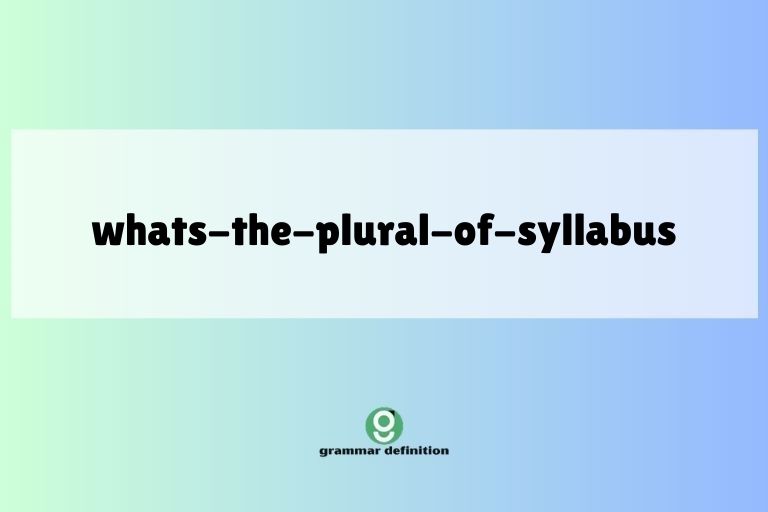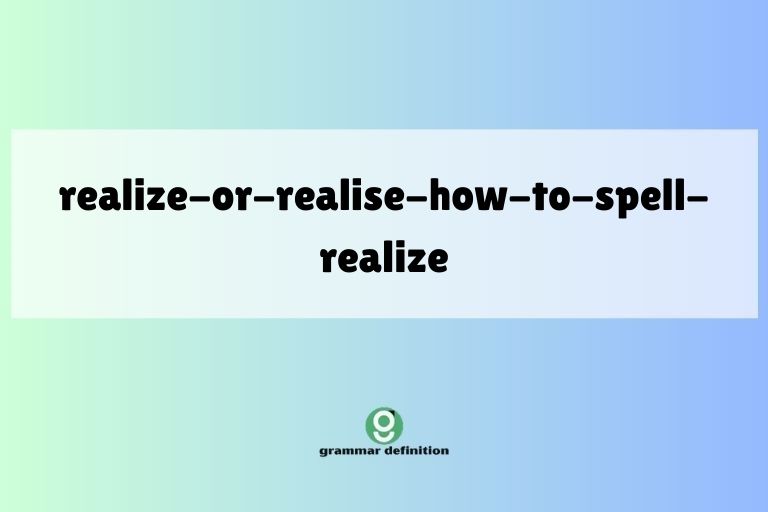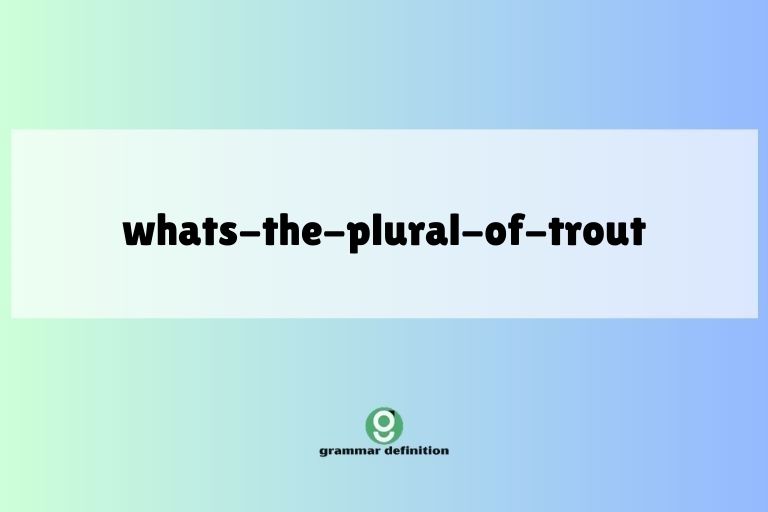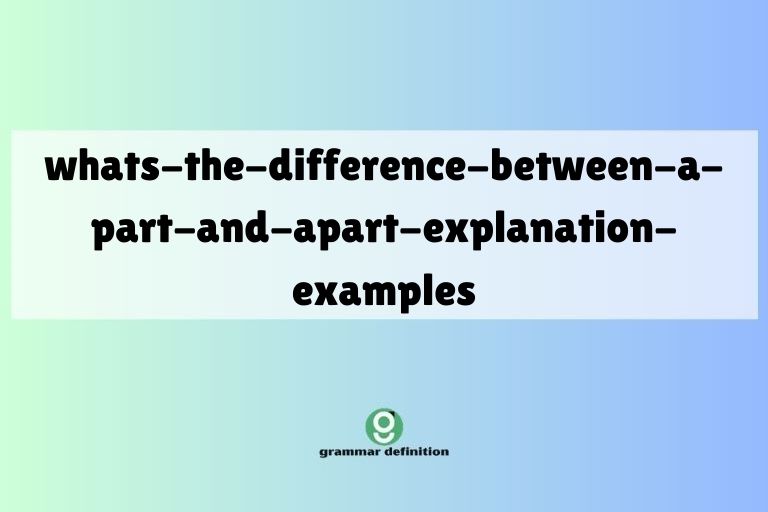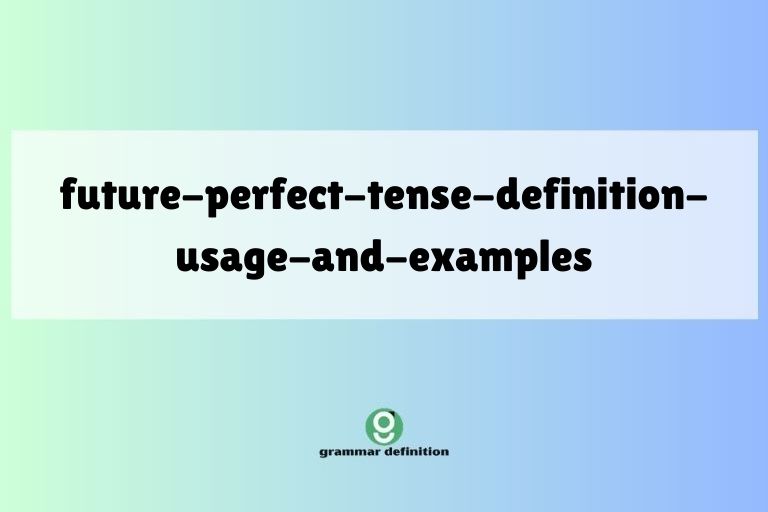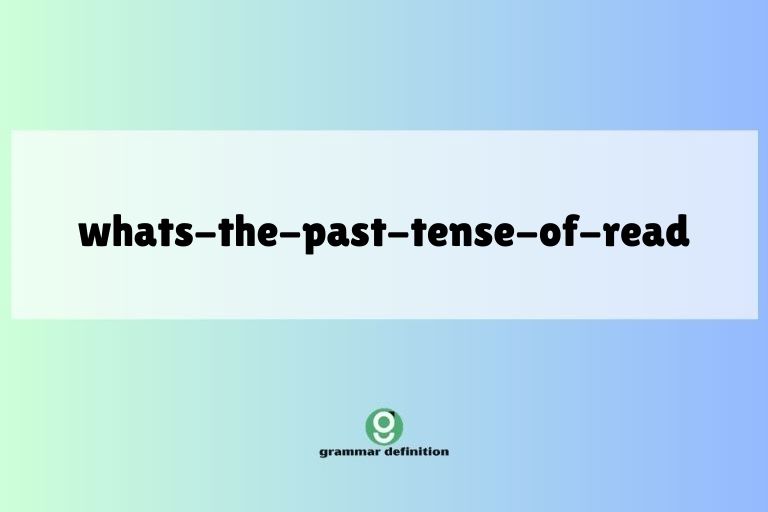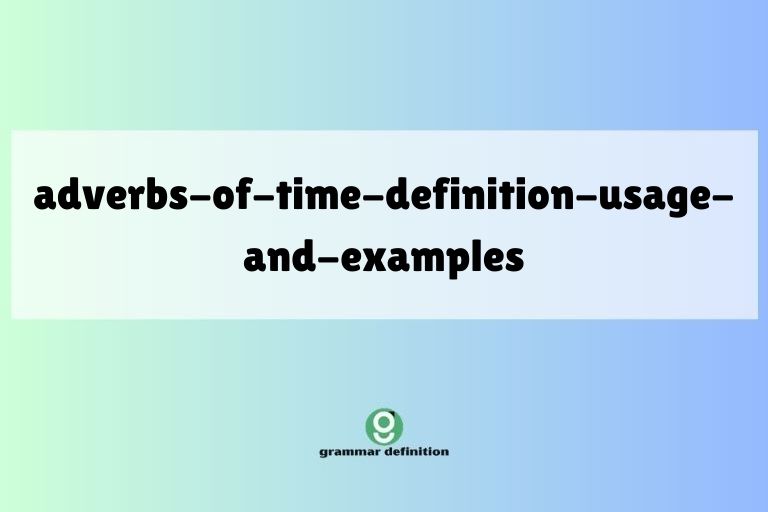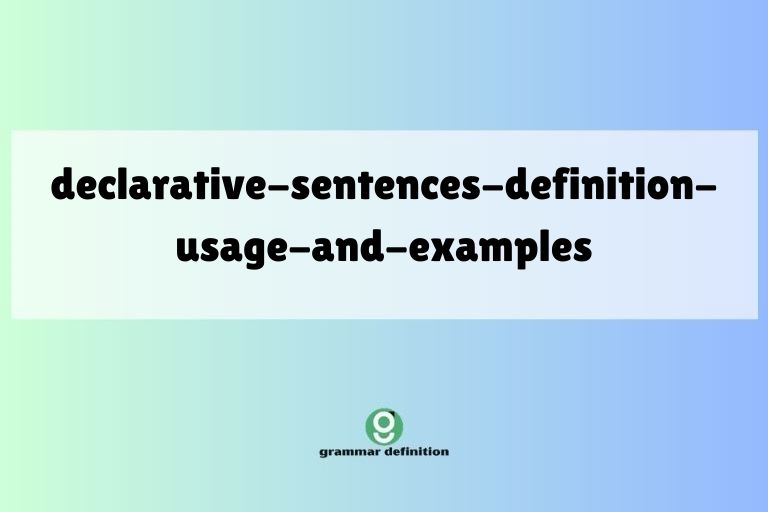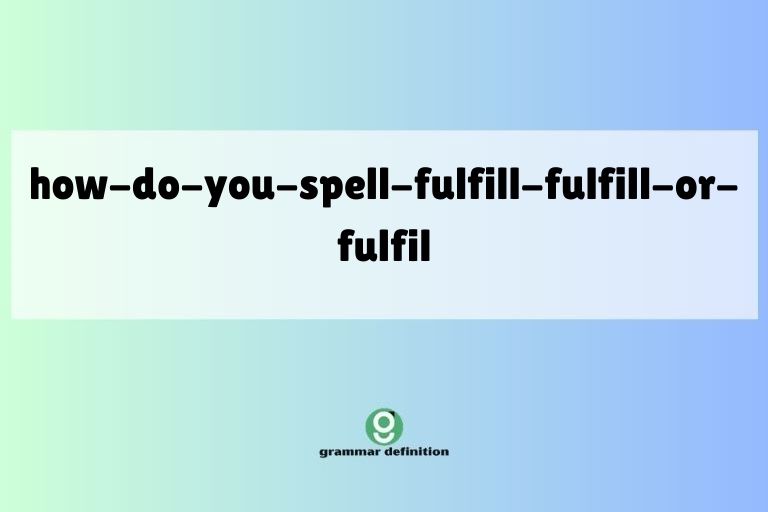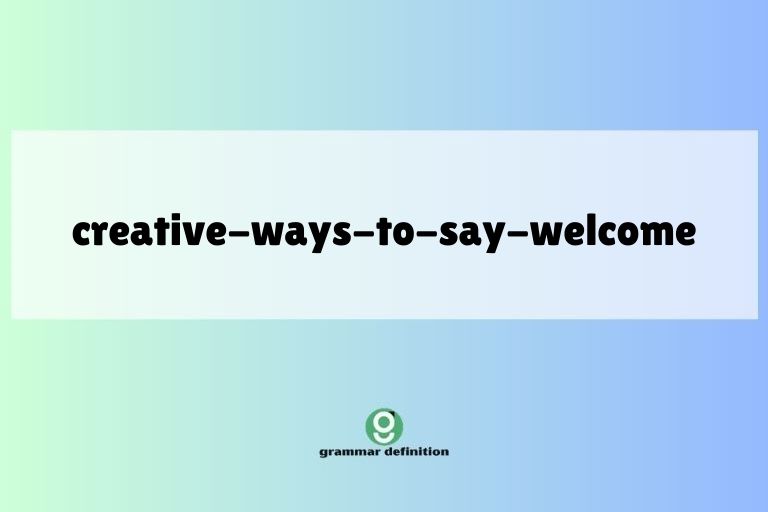What’s the Plural of Syllabus? A Comprehensive Guide
Understanding how to form plurals of nouns is a fundamental aspect of English grammar. While many nouns follow simple rules, others, especially those of foreign origin, can be tricky. One such word is “syllabus.” Knowing the correct plural form of “syllabus” is essential for clear and accurate communication, whether you are a student, teacher, or … Read more

